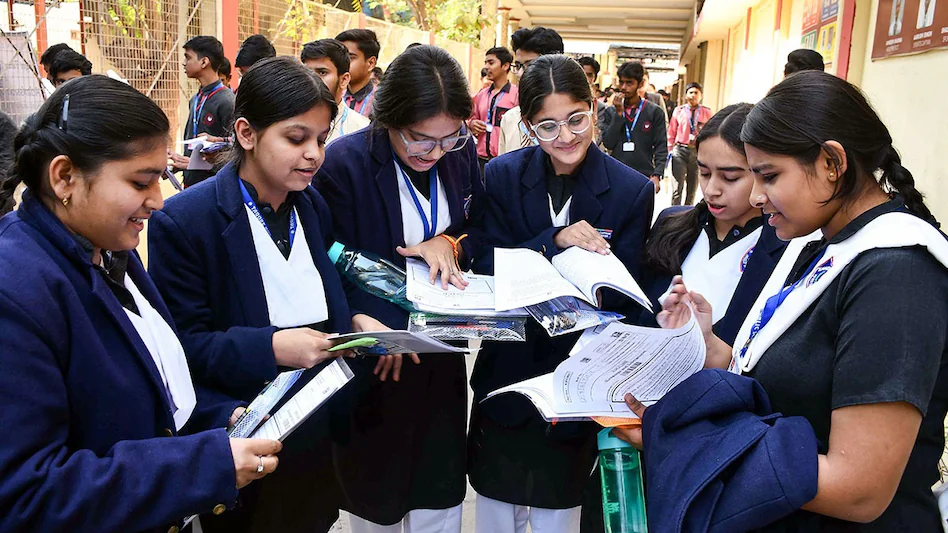Following President Donald Trump’s inauguration on January 20, 2025, a significant number of Indian students in the United States are facing tough decisions, compelled to leave their part-time jobs that once served as their financial lifeline. These students, who had been working hard after college hours to manage living expenses, now face the harsh reality of potential deportation due to increasingly stringent immigration policies. With mounting student loans and an uncertain future in the US, many are finding the risks of continuing part-time work too high. As they step away from these jobs, a complex interplay of factors is reshaping their approach to education and financial stability.
Stricter Immigration Policies and Deportation Risks
International students on F-1 visas are allowed to work up to 20 hours per week in on-campus jobs. However, due to the scarcity of these roles, many students turn to off-campus, undocumented employment in restaurants, retail stores, or gas stations. Recent policy changes and stricter enforcement of visa regulations have made such work increasingly risky, leaving students vulnerable to deportation.
Arjun (name changed for privacy), a graduate student at a university in Illinois, shared his experience with TNN: “I used to work in a small café after my college hours to cover my monthly expenses. I earned $7 per hour and worked six hours every day. Though it was a comfortable arrangement, I quit last week after hearing that immigration authorities might crack down on unauthorized work.”
Limited On-Campus Job Opportunities
While on-campus jobs are legal and safe, the limited number of positions available often falls short of the demand. Competition for these roles is fierce, and not every university offers enough opportunities to support their international students adequately. This shortage forces many students to look for alternative ways to sustain themselves financially.
Consequences of Leaving Part-Time Jobs
The decision to quit part-time work has far-reaching implications, affecting students’ financial stability, academic performance, and emotional well-being.
Rising Living Costs
The soaring cost of living in US cities, especially metropolitan hubs, has further strained students’ budgets. Part-time jobs once provided essential financial support for rent, groceries, and utilities. Without them, financial pressures have mounted significantly.
Increased Dependency on Family and Scholarships
Many students now rely heavily on family support or university scholarships to fund their education. Families are making significant financial sacrifices, while scholarships, where available, help ease some of the burden.
Rohan Srikanth (name changed for privacy), a student interviewed by TNN, stated, “I have already used up most of my savings and have started borrowing small amounts from my roommate. I don’t know how long I can go on like this. I feel guilty asking my parents for money, but I might have to do that soon as I see no other option right now.”
Emotional and Academic Pressures
The lack of financial independence and the fear of failing to meet expenses are contributing to increased stress and anxiety among students. Many universities have stepped up their counseling services to address these growing mental health concerns.
Neha (name changed for privacy), a Master’s degree student in New York, expressed her worries: “We’ve heard rumors of workplace inspections, and my friends and I decided it’s not worth the risk. My parents sacrificed so much for me to be here—I can’t let them down.”
Shift Towards Long-Term Career Planning
Despite these challenges, some students are using this period to focus on their long-term career goals. They are prioritizing internships, research projects, and professional networking to build industry experience that will strengthen their job prospects post-graduation.
Arjun explained his new approach: “I’ve shifted my focus to internships. While they don’t pay much, they offer valuable experience that could help me secure a well-paying job in the future.”
Conclusion
Indian students in the US are facing a challenging period marked by financial uncertainty and stricter immigration policies. While many are stepping away from part-time jobs due to deportation risks, they are finding new ways to adapt by focusing on career growth and securing financial support through family and scholarships. Whether they can continue to thrive in the land of opportunity remains a pressing question as they navigate these evolving circumstances.




